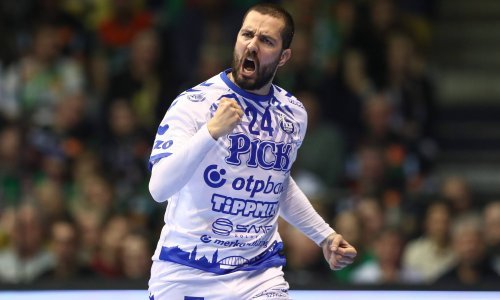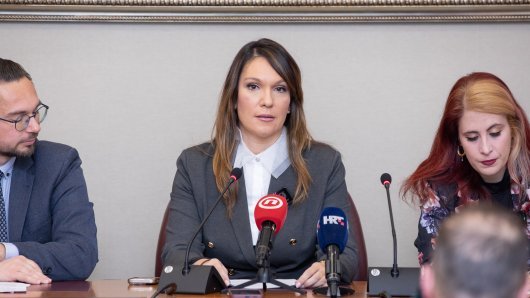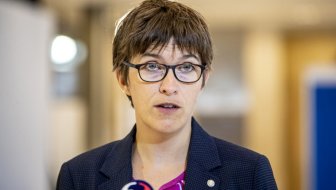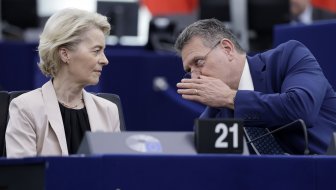Union federations on Tuesday presented their demands for social and economic reforms called "A new picture of Croatia", whereby the unionists are saying what kind of Croatia they want after elections due later this year.
The unions have had it with the neo-liberal model based on greed and want to build society on the principles of humanity, equality and justice, union coordinator Vilim Ribic told the press.
The unions will present their 128 demands to the government at the next session of the Economic and Social Council at which the priority should be dealing with the problem of non-payment of salaries and benefits.
The unions expect that after the session, the government will adopt measures that will make it impossible by the end of June that workers have to wait more than 30 days to receive their salaries.
If the government's response is unsatisfactory, the unions will organise mass protests later this month or in early April, said Mladen Novosel of the SSSH union federation.
The leaders of the five union federations would not comment on criticisms at recent anti-government protests that the unions are not with the workers and the people but have "sold out" to the government.
Ribic said the unions supported the protests, adding that negotiations, protests and strikes were the usual way of achieving goals.
The union federations' demands are not aimed at promotion or winning votes at elections, but an expression of their wish that in the future, politics should serve the people and not vice versa, said Kresimir Sever, president of the NHS federation.
The unions demand radical changes in the economic policy that will rescind privileges, restructure public spending and introduce a new tax system based on the progressive taxation of high salaries and the taxing of capital.
The unions demand social and political reforms, including changes to the election system, the strengthening of direct democracy and the role of citizens, putting voter lists in order, a ban on pre-election coalitions, combined election (half of deputies elected in first-past-the-post voting and half by proportional representation), and a restrictive regulation of campaign financing.
A rich minority is ruling over the interests of the majority, so Croatia should build a Second Republic on the Nordic model as a society with a high level of equality and equal opportunities, reporters were told.



































